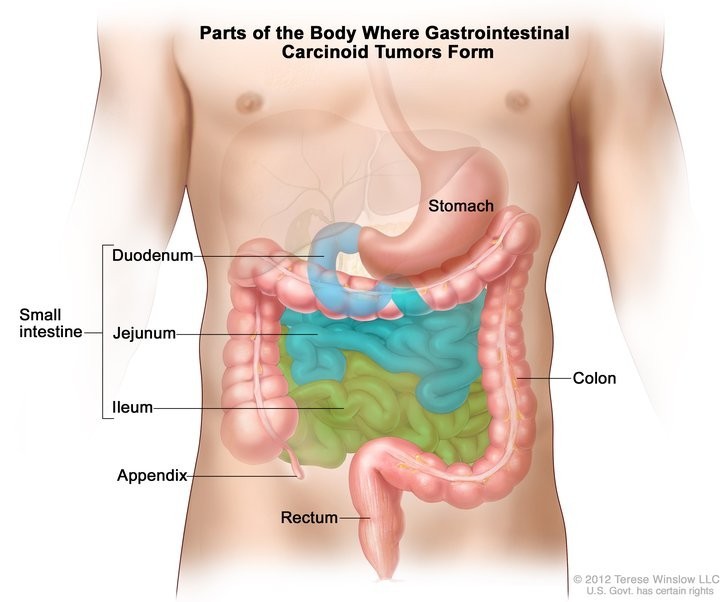
HEALTH LINE: Heated Chemo Bath Alternative Treatment for Advanced Abdominal Cancers
CINCINNATIFor many people with abdominal cancer, the diagnosis comes latewhen the disease has advanced and traditional surgery, radiation and chemotherapy treatments are less effective.
Over the past two decades, surgical oncologists have begun using an innovative treatment approach in advanced abdominal cancers that combines cytoreductive surgeryremoval of visible tumorwith the application of chemotherapy directly to the affected area of the body. Traditional chemotherapy medications are given as an infusion through a vein.
This intraoperative chemotherapy procedureknown as HIPEC (hyperthermic intraperitoneal chemotherapy)is given at the end of cytoreductive surgery. Once the visible tumors are removed, a heated sterile chemotherapy solution is continuously circulated throughout the abdominal cavity to kill any residual cancer cells that cannot be detected by sight.
This "chemo bath continues for 90 to 120 minutes. The solution is then removed before the incision is closed.
"Applying the chemotherapy directly to the abdominal cavity at the time of surgery allows us to deliver a higher concentration of the drug that is better absorbed by the part of the body in need of treatment, says Daniel Abbott, MD, a surgical oncologist with the University of Cincinnati Cancer Institute Comprehensive Gastrointestinal Cancer Center and assistant professor at the UC College of Medicine. "It is also thought to reduce the negative side effects of chemotherapy treatment to other, unaffected parts of the body by delivering it directly to the targeted area.
Scientific literature also suggests that adding heat to chemotherapy may improve the drugs ability to kill cancer cells without causing additional harm to healthy cells, Abbott notes.
The HIPEC Procedure
During the HIPEC procedure, chemotherapy is heated to above body temperature and then applied directly to the abdominal cavity. This is done afterbut in conjunction withsurgery to remove visible tumors. The surgical oncologist delivers the heated chemotherapy to the target area. A perfusionist then uses a specialized pump to continuously circulate the solution throughout the abdominal cavity for up to two hours to help eradicate any residual cancer cells that still exist.
Appointments & More Information
For appointments with UC Health surgical oncology, call 513-584-8900. To learn more about the UC Cancer Institute Gastrointestinal Cancer Team, visit uccancer.com/GI.
Related Stories
Ohio could soon make breast cancer screenings more affordable
May 9, 2025
The University of Cincinnati Cancer Center's Ann Brown was featured in Local 12 and Cincinnati Enquirer reports on a bill introduced by Rep. Jean Schmidt in the Ohio legislature that seeks to eliminate out of pocket medical expenses such as copays and deductibles associated with supplemental breast cancer screenings.
Preparing students for artificial intelligence in education
May 8, 2025
Laurah Turner, PhD, associate dean for artificial intelligence and educational informatics at the University of Cincinnati's College of Medicine, recently joined the For The Love of EdTech podcast to discuss the usage of personalized learning and AI coaches to enhance educational experiences.
UC lab-on-a-chip devices take public health into home
May 8, 2025
University of Cincinnati engineers created a new device to help doctors diagnose depression and anxiety. The “lab-on-a-chip” device measures the stress hormone cortisol from a patient’s saliva. Knowing if a patient has elevated stress hormones can provide useful diagnostic information even if patients do not report feelings of anxiety, stress or depression in a standard mental health questionnaire.
